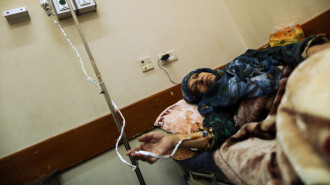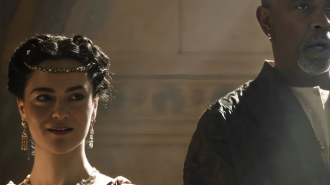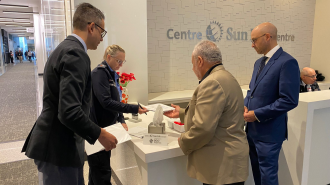
Dr Suheal Khan: The British limb reconstruction specialist saving patients in Gaza

Israel's war on Gaza has reached the 10-month mark. Almost 40,000 Palestinians have been killed and more than 90,000 have been injured, many of whom are suffering from severe trauma and life-threatening conditions.
"It's dystopian. That's the only way I can describe it, it's a completely dystopian world," begins Dr Suheal Khan, a senior consultant orthopaedic surgeon born in Manchester, who has spent the last 30 years specialising in limb reconstruction.
Dr Khan was recently part of a voluntary team of international doctors with the International Rescue Committee and Medical Aid for Palestinian's Emergency Medical Teams, performing hundreds of surgeries and providing over 120 consultations to help repair the limbs of many injured Gazan patients.
"It's not just the mass casualties, people are dying there from just normal things," he tells The New Arab.
Israel's brutal war on Gaza has led to an amputation crisis, with 70 to 80 percent of those being admitted into hospitals having lost a limb or suffered spinal cord injuries.
UNICEF also estimates that almost 1,000 children in Gaza have lost one or both of their legs — equivalent to 10 children losing a limb every day.
But to Dr Khan, what is more shocking is people dying from just normal treatable conditions.
"People died from dehydration, disease, and famine. People die from heart attacks, broken legs, kids with their elbow fractured," he continues.
"Simple things that can be treated are not being treated because there is no aid going in."
Gaza's healthcare system has also been shattered with Israeli forces using the excuse of trying to scope out Hamas to raid and destroy hospitals.
Only 14 of Gaza's 36 hospitals are partially functional, facing critical medical supplies and fuel shortages to keep the facilities running. Furthermore, 500 healthcare workers have been killed, and over 300 are in Israeli detention.
"The mass casualty is just an avid strain on an already crumbling healthcare system," Dr Khan explains.
"Patients aren't having their dressings changed because there's no staff, no one experienced, no leadership and that's no fault of theirs. It's a complete mess."
Since October, Gaza's hospitals have relied on medical volunteers, students, and doctors worldwide to keep the facilities running.
Dr Khan and the team worked in Nasser Hospital in Khan Younis, overwhelmed with injured patients after the Israeli military launched airstrikes in Al-Mawasi. At least 90 Palestinians were killed and over 300 wounded.
The doctors were initially in Al-Aqsa Hospital during the first few days after Al-Mawasi was hit and were forced to move due to the lack of supplies.
When asked about the hospitals in Gaza, Dr Khan said the situation was like "Dante's Inferno".
"You're stepping over people in A&E, body parts are missing, there are eviscerated people," Dr Khan recalls.
"There are body parts everywhere, there are people all over the place, babies lying in the corner. It's just a complete mess and bedlam," he shares with The New Arab.
"Then you have to go through that sea of confusion, picking the patients that you're going to operate on and the ones that are dead."
Dr Khan notes that the hospitals are being run by young medical students who lack experience in mass casualties – which the doctor says is not their fault.
"They've been thrown in the deep end," says Dr Khan.
"Twenty-one-year-olds are now working like senior doctors. They haven't seen this kind of stuff before, so they're learning on the job."
Because of this, Dr Khan intends to go back. The surgeon set up the Mobile International Surgical Teams (MIST) foundation, which delivers rapid response teams to disaster areas, while arranging units for limb construction in developing countries, and providing medical and nursing education.
The surgeon and his team have been to disaster areas like Pakistan, Turkey and Haiti, following devastating earthquakes and even warzones, including Libya and Gaza.
Dr Khan had set up a limb reconstruction unit at Nasser Hospital in 2019 and trained some doctors who are now leaders themselves in Gaza. The team rebuilt the unit again after the influx of patients.
"Gaza has always been a special place to me because we've been trying to liberate it for the last half of my life anyway, but things haven't changed," Dr Khan says.
"We estimate about 60,000 patients out of the 90,000 need some form of limb reconstruction. And just to put that in context, in 30 years, I've done about 10,000 Illizarov frames, so that's just one kind of lifetime."
One thing Dr Khan will always cherish is being able to save a person's limb, but the surgeon worries about how many others have had either an arm or leg amputated — because it's the easier option.
"It's easier to amputate than just to try and reconstruct the limb, it's simple as that," Dr Khan says.
"When you're in the time of war and you've got limited resources, you also have to think what's best for that patient in the long term," he adds.
"It's a cruel decision sometimes to amputate someone's leg, but when you haven't got really a chance of reconstructing it, that's where it's sometimes difficult."
Having returned from Gaza, Dr Khan talks about guilt.
"You always have the guilt feeling for the first week or so and I think that’s quite normal," Dr Khan tells The New Arab.
"My heart is there. Many people who have gone there with me are already thinking about when to go back, and that's the thing, you fall in love with it."
But the surgeon can't help but think about the upcoming devastation as the war on Gaza continues.
"People are dying from dehydration and disease, hepatitis A is rampant, we couldn't operate on a couple of children because they were jaundiced, we're just waiting for the cholera outbreak now," Dr Khan says.
"More people will probably die from the disease than the actual war itself.
"That disaster is ready to implode."
Anam Alam is a staff journalist at The New Arab. She frequently writes about human rights and social issues, including women's rights and sex education
Follow her on X: @itsanamalam

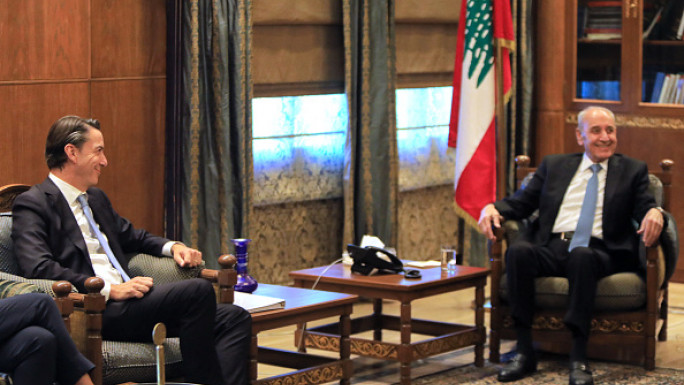
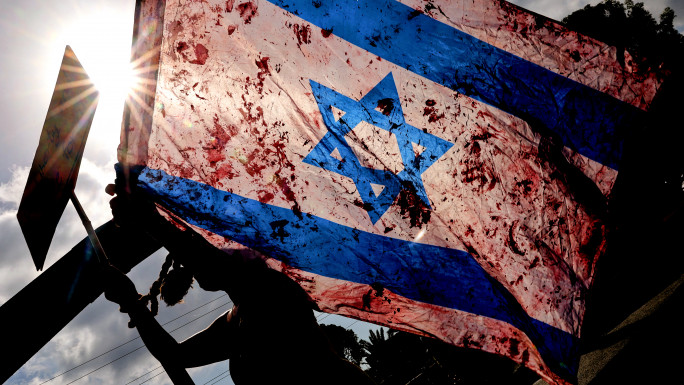
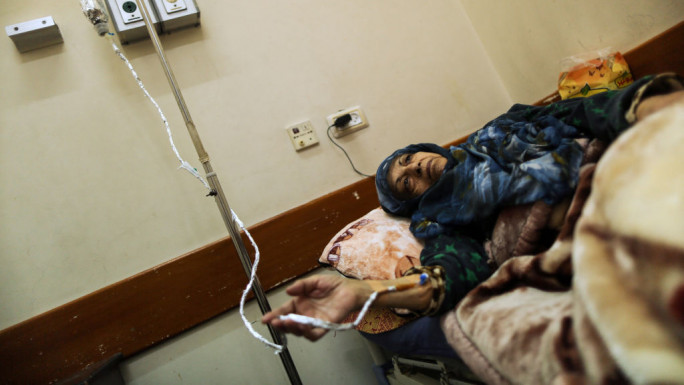
 Follow the Middle East's top stories in English at The New Arab on Google News
Follow the Middle East's top stories in English at The New Arab on Google News
